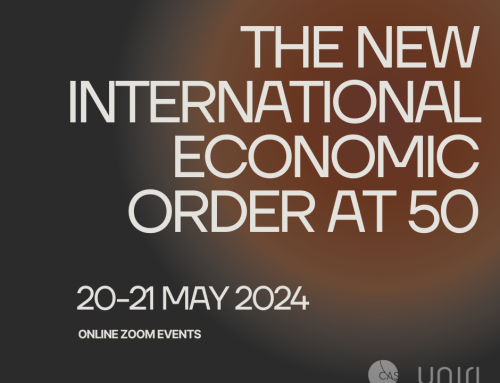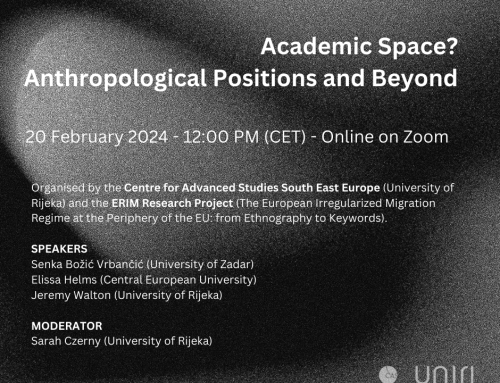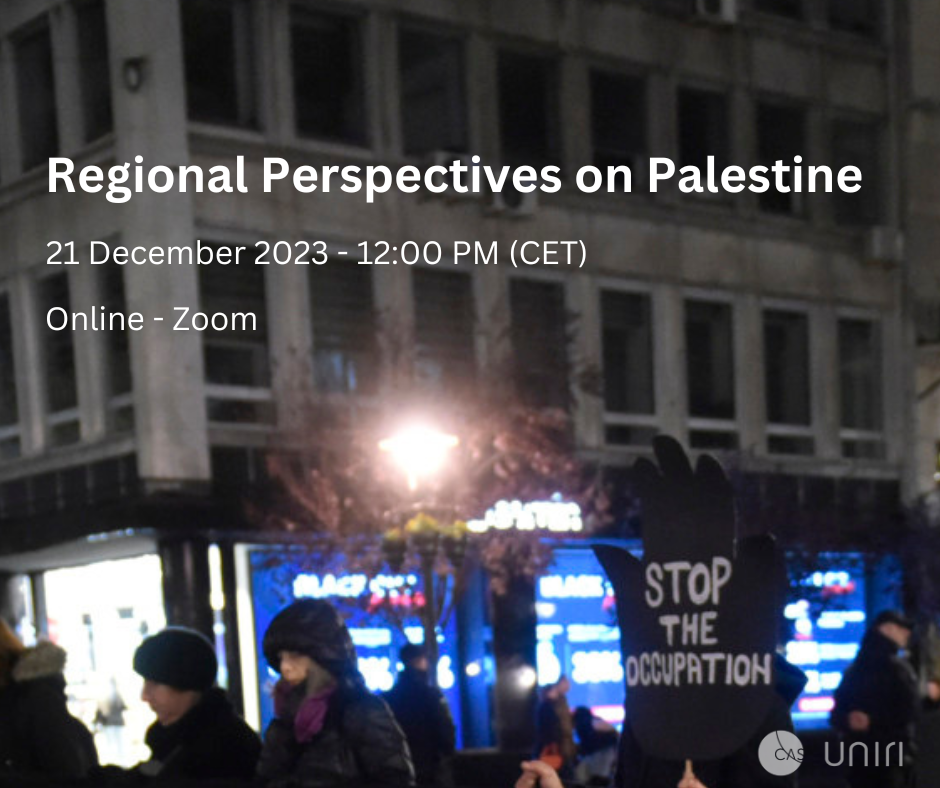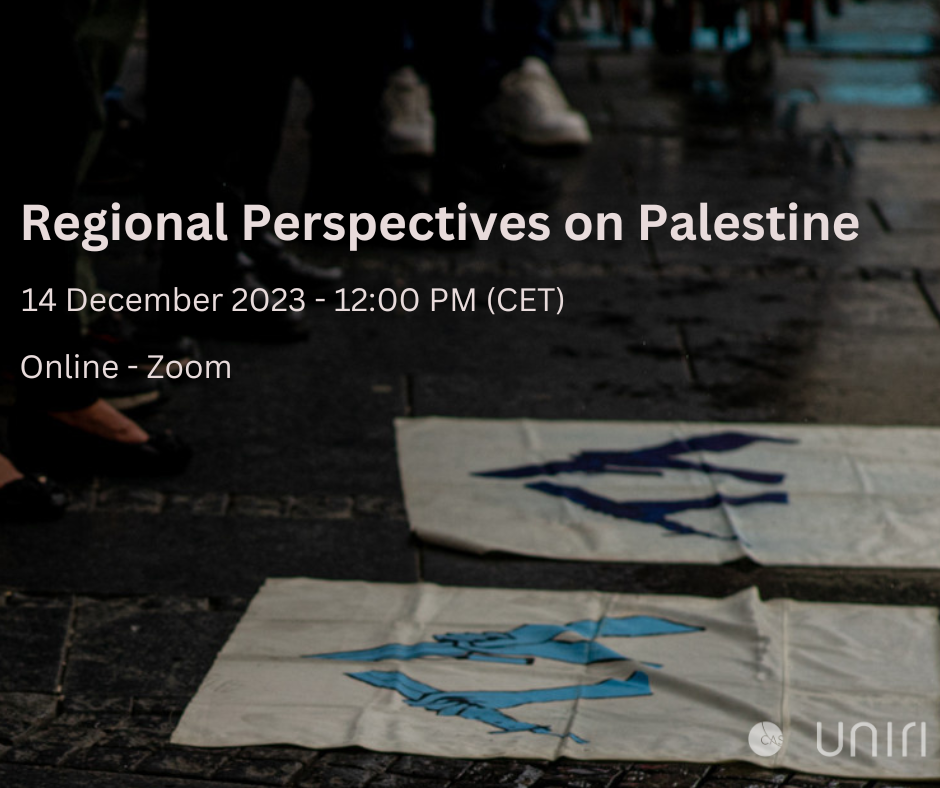City Partnerships as Détente from Below? Twinning Bologna and Zagreb
This talk discusses a project, a work in progress, jointly developed by Dr Eloisa Betti and Dr Vladimir Unkovski-Korica, about the twinning of Bologna and Zagreb in the Cold War. Town twinning in the interwar period of the twentieth century has been called ‘Locarno from below’, an attempt to normalise relations in a continent ravaged by a world war. Named after the Locarno Treaties of 1925, which settled borders and promised mutual non-aggression in Europe. ‘Locarno from below’ related to attempts to use town twinning to educate populations in the spirit of partnership. Since this failed to prevent another war, why did town twinning recover after the Second World War and in the thick of the Cold War? Moreover, why concentrate on Bologna and Zagreb? This talk discusses town twinning as an attempt at overcoming several emblematic problems: improving relations between two states with recent border disputes and war; improving economic links as a bridge across political divisions; internationalising ‘municipal socialism’ as a road to national power; and increasing regional autonomies using city initiatives against the strait-jacket of nation-states. The talk therefore interrogates to what extent the links set up between Bologna and Zagreb can be seen as an early form of détente as various actors responded to the logic of a bipolar world. It also asks whether the hope of ‘détente from below’ was in fact utopian in the context of international economic inequalities, and therefore a harbinger of what we now know as globalisation. Finally, Dr Unkovski-Korica discusses the challenges of researching this topic on the Yugoslav side in relation to the state of archival sources.





